Automakers Continue Support Of Electric Vehicles Despite Weak Sales
Though sales of electric vehicles are still weak, automakers are not giving up on them over the long term.
US Ethanol Exports Reach Near-Record Levels In 2014
Of the 14.3 billion gallons of ethanol produced in the United States in 2014, a near-record 836 gallons were exported.
Toyota Marketing Mirai With $8K Hydrogen Credit Despite Expiration
Despite the recent expiration of the $8,000 federal credit for hydrogen vehicles, Toyota is still marketing its Mirai as if it never happened.
Carter To Musk: Hydrogen Just One Basket For Toyota's Eggs
Remember when Tesla CEO Elon Musk declared that Toyota was a fool to invest in hydrogen? Twice? Toyota had a few words to say in return last week.
Toyota Receives Over 1,500 Orders For Mirai FCV In Home Market
One month after Toyota began sales of its Mirai FCV in Japan, around 1,500 have been ordered thus far, well over the 400 the automaker thought it would sell for the entirety of 2015.
NAIAS 2015: Honda Debuts FCV Concept In North America
After making its global debut in Tokyo last year, the Honda FCV Concept bowed in Detroit for its North American unveiling.
Detroit Electric Reveals Production Exterior, Interior & Signs Asia Distributor
Detroit Electric, the startup company that hopes to revive the early motoring age’s most successful brand of electric cars, has revealed the final design details and specifications of its Lotus based SP:01 battery powered sports car, which it says will start production in the UK early this year. Preproduction prototypes are being tested at the Leamington Spa assembly facility. Detroit Electric also announced the appointment of its first distributor in Asia.
Toyota Grants Royalty-Free Use Of Over 5K Hydrogen Patents
Last year, Tesla granted every one of its competitors full access to its myriad of patents, in the hope they would, in turn, build more EVs.
This year? Toyota is doing the same with its hydrogen fuel-cell patents to help spur on further FCV development.
Toyota Planning Lexus FCEV For 2017
Love the idea of hydrogen, but can’t fathom paying nearly $60,000 for a Toyota? What if it were a Lexus?
Sandia Labs: Underground Geologic Formations Hold Future Of Hydrogen Storage
Part of hydrogen becoming a viable energy option in the United States is infrastructure, which isn’t much at present. Should business pick up, however, hydrogen would need to be stored as cheaply as possible to facilitate greater adoption.
Toyota Increasing Mirai Production To Meet Strengthening Demand
Its looks leave the B&B cold, and is powered by a fuel whose infrastructure leaves a lot to be desired. So, how popular could the Toyota Mirai possibly be? Better than you’d expect.
France Begins Divorce Proceedings Against Diesel
For the longest time, France loved the diesel. Alas, the thrill has gone away.
Toyota's LFA Works Now Home To Mirai FCV Production
Remember when Herr Schmitt took us for a TTAC exclusive into the workshop that made the Lexus LFA? It’s now the home of the Toyota Mirai.
Accuracy Issues Real Reason For Free Hydrogen For FCV Owners
Toyota Mirai and Hyundai Tucson Fuel Cell owners will be able to refuel their new FCVs for free for three years, but only because it’s hard to put a price on hydrogen.
Honda UK Launches First Commercial Solar Hydrogen Facility
In a partnership with various organizations, including Briggs Equipment UK, BOC and the Swindon Borough Council, Honda UK has launched its first commercial-scale hydrogen production and refueling facility in its hometown of Swindon, England.
Ethanol Advocates Conduct Pre-Election Ad Campaign Blitz
In less than a week, the B&B will head out to the polls to decide the direction the United States will take for the next two years.
Big Ethanol, too, is interested in the direction taken.
Fuel Prices Leave Efficient, Greener Offerings On The Lot
Falling fuel prices are helping to drive sales of SUVs and trucks as of late, but at the expense of more efficient, greener offerings.
Automakers, Utilities Collaborate On Plug-In Cloud Charging Technology
A group of eight automakers are collaborating with 15 utility companies in the United States to give PHEVs and EVs the ability to communicate with the latter party and the grid through cloud computing.
Tesla's First Battery Swap Station Opening Soon
While Tesla owners — and owners of all EVs, for that matter — may be waiting a couple of years before titanium oxide anodes bring battery charging levels down to the 3- to 5-minute fueling times found at a given gas station, CEO Elon Musk has another option for them to consider: Battery-pack swapping.
Singapore Researchers Invent New Anode For Faster Battery Charging, Increased Longevity
One of the main roadblocks to wide adoption of EVs is how quickly the battery can be fully charged. While Tesla’s Supercharger could put a Model S P85D back on the road in 30 minutes to an hour, a Dodge Charger Hellcat can pull up to and away from the pump in three minutes, barring a run inside the 7-Eleven for a cup of coffee and a couple of donuts.
That roadblock may come down sooner than later, thanks to researchers at Singapore’s Nanyang Technology University.
EU Withdraws 2020 Electric, Hydrogen Infrastructure Quota
The European Union is withdrawing a mandated quota of EV and hydrogen refueling stations that are to be installed in member states by 2020. Instead, the governing body is asking each member install an “appropriate number” of publically accessible EV stations by the start of the new decade, with hydrogen due by 2025 for those who choose to develop the resource.
Toyota Raffling First US-Bound Mirai FCV
If you’d like to be one of the first in the United States to hop aboard the silver future of FCVs, but would also like to keep as much money in your wallet as possible, then Toyota has a Mirai for you.
Chevrolet, Honda Give CNG Passenger Cars Another Chance
Aside from a few trucks, some taxis and a fair number of buses, natural gas doesn’t receive a lot of play in the alternative energy game in comparison to darlings such as electric power and hydrogen. Despite this condition, Chevrolet and Honda are both ready to push natural gas onto commuters and efficiency-minded consumers alike.
Dongfeng Nissan Launches Leaf-Based Venucia E30
After 3.1 million miles of pilot testing, Dongfeng Nissan last week launched its version of the Leaf for the Chinese EV market, the Venucia e30.
Volkswagen: Hydrogen Will Struggle Outside of Japan
While Toyota and the administration of Japan Prime Minister Shinzo Abe are going all in on hydrogen, Volkswagen Group Japan President Shigeru Shoji proclaims FCVs will struggle to make headway elsewhere.
Tesla Gigafactory May Land In Nevada
After months of wondering as to where Tesla’s massive Gigafactory would end up, an answer could come as soon as 4 p.m. Mountain, when Nevada Governor Brian Sandoval and the automaker plan to hold a joint press conference in Carson City.
Artificial Leaves Key To Lowering Hydrogen Fuel Production Costs
For all of the incentives thrown in front of the upcoming Toyota Mirai, the automaker believes fueling the FCV will remain an expensive proposition in the near-term. That is, unless new hydrogen production technologies do for fuel cells what petroleum technology did the for the ICE.
Report: Hydrogen Gaining Ground On Electricity Within Four Years
Though EVs currently hold the high ground in the zero-emission vehicle market, a new report claims those vehicles will be giving ground to hydrogen in the near future.
California Bill Would Cap EV Subsidies By Income
One of the bloodiest battlegrounds in the electric car wars is the topic of government subsidies for EV purchases. In the American case, it’s the $7500 federal tax credit for EVs and the various state incentives including California’s current $2500 rebate. In Europe and Asia, a variety of EV promotion schemes have frequently been the subject of acrimonious debate. Much of the disagreement arises regarding the perceived “fairness” of rebates: defenders of subsidies generally claim that they help put EVs in the hands of middle-class consumers, with critics charging that they only serve to line the pockets of the wealthy. Now one California lawmaker wants to revamp the state’s subsidy program by capping the income level for households receiving EV rebates.
Report: Global Fuel Consumption To Decline 4 Percent By 2035
Though peak oil usually refers to when production reaches the highest point it’ll ever see before coasting back down to the same level once experienced in the 1800s, a new report reveals a different oil peak will come in the next few years: the total product consumed worldwide.
Linde North America Receives $4.3M To Build Two NoCal Hydrogen Stations
Silicon Valley startup bros looking to trade in their Teslas and Prii for FCEVs and Mirais will soon have two fueling options available from gas giant Linde North America.
Japanese Officials Pushing Hard With Subsidies For New Hydrogen Mirai
The 2015 Toyota Mirai may be breaking new ground in the fuel-cell vehicle game beyond merely existing, as subsidies galore are being thrown at potential consumers on all sides, including the possibility of owning the FCV for free.
Panasonic, Tesla Enter Into Gigafactory Agreement
It’s official: Panasonic and Tesla have signed an agreement regarding their partnership involving the Gigafactory.
BMW Unveils $6,500 Suitcase-Size EV Charger
Owners of BMWs i Series vehicles may soon have more places to charge their vehicles, all thanks to the automaker’s new, less-expensive, suitcase-sized charger.
SAE J2601, J2799 Standardize Hydrogen Fueling, Increase FCV Range
It took 13 years, but SAE International has introduced a new standard for hydrogen fueling stations: SAE J2601.
Daimler To Enter FCV Market In 2017
While Japanese and Korean automakers like Toyota and Hyundai are jumping into the hydrogen game, Daimler plans to begin its own journey in 2017.
Kato: EVs Need Nobel Prize-Quality Battery Technology
Toyota’s global R&D head Mitsuhisa Kato has little regard for the current crop of EVs, proclaiming the technology to make them viable in his eyes has yet to be invented.
Nissan: 633 CHAdeMO Fast Chargers Available For Use Today, More Coming
Just in time for the Fourth of July travel weekend, Nissan Leaf and Mitsubishi i-MIEV owners will have access to 633 CHAdeMO fast chargers, up from 160 stations in January 2013.
Hydrogen Digest: July 1, 2014
In today’s hydrogen digest: Toyota asks the National Highway Traffic Safety Administration for a two-year exemption on its FCV; the automaker banks on subsidies to help the FCV leave the showrooms at home and abroad; and ammonia may be the secret to hydrogen’s success as a fuel.
Vehicle Wireless Charging Market To Double Yearly Through 2020
For owners of PHEVs and EVs like the Nissan Leaf and Chevrolet Volt, the prospect of putting away the cord for wireless induction charging grows with each passing year, doubling per year toward the next decade.
Toyota's First FCVs To Arrive In Showrooms Christmas 2014
Toyota is wasting no time in moving forward toward a hydrogen future, announcing it will build its FCV Concept-based fuel-cell sedan this December, with sales coming just in time for the big-red-bow-tie Christmas 2014 sales extravaganza.
BMW: China To Be Largest EV Global Market By 2019
Though Chinese consumers have been slow to adopt electric vehicles thus far, BMW believes China will become the largest global market for EVs by 2019 at the earliest.
Renault, LG Chem Sign MOU To Develop Long-Range Battery Technology
With most EVs getting around 100 miles on a single charge from their battery packs, such vehicles are more suited for the downtown core than a trip to the mountains. However, Renault and LG Chem are looking toward boosting range toward Tesla-like levels, together.
Volvo To Conduct Electric Road Study With Focus On Inductive Charging
Coming off its study of stationary vehicle wireless charging, Volvo will turn its attention toward on-road charging of its Hyper Bus diesel-electric in a year-long study with partner Swedish Transport Association.
Toyota Turns Away From Batteries, Toward Fuel Cells
After 20 years of pursuing a battery-powered future, Toyota has decided to take a different course powered by hydrogen.
Ewanick's FirstElement Fuel Receives $27.6M Grant For 19 Hydrogen Stations
Former Hyundai and General Motors marketing executive Joel Ewanick’s newest endeavour — a hydrogen fuel filling station network called FirstElement Fuel Inc. — has won a $27.6 million grant from the California Energy Commission, allowing Ewanick to move forward with the startup.
FTC Resumes Review Of Fuel Economy Advertising Guidelines
The Federal Trade Commission voted 4-0 Thursday to resume its review of fuel economy claims in advertising by automakers and dealers, and whether or not the agency should revise the 40-year-old guidelines governing them.
EPA Sets Lower 2013 Cellulosic Ethanol Use Requirement
Earlier this week, the Environmental Protection Agency put in place 2013 requirements for cellulosic ethanol for automotive use in the United States at 810,000 gallons, an amount far short of the 1 billion gallons Congress desired seven years earlier when the Renewable Fuel Standard Act came into force.
US Energy Department Unveils Four-Year Strategy For Alternative Energy
The U.S. Department of Energy unveiled last week a four-year plan that would advance the goal of energy security by building upon as many alternative sources as possible, further reducing dependence on imported petroleum.
CARB ZEV Credit Restructuring Leaves Tesla With Fewer Credits
A change to the California Air Resources Board’s Zero-Emission Vehicle credit program will leave Tesla with four credits per car cold for the foreseeable future, down from seven credits for every Model S through 2013.
Fewer Than 4,000 Green Calif. HOV Stickers Remain
For potential California PHEV owners, time may soon run out to obtain the Green Clean Air Vehicle Sticker issued by the California Environmental Protection Agency for HOV lane use, as only 3,770 of the 40,000 stickers remain available.
Porsche 919 Hybrid LeMans Racer Goes After The Two Thirds of Gasoline's Energy That's Wasted As Heat
Tesla Unveils $5 Billion Gigafactory
After months of speculation, Tesla drew back the curtain on their most ambitious project to date, the Gigafactory.
Panasonic, Partners Plan To Invest $1 Billion In Tesla Gigafactory
In the wake of Tesla shares hitting an all-time high of $259.20 after Morgan Stanley raised its target price to $320/share, battery maker Panasonic is gathering a few partners to go all in on a $1 billion investment in the automaker’s Gigafactory battery production plant.
BASF Investing In EV Battery Market Despite Industry Setbacks
Though some electric vehicles have seen their share of woes, from fires in individual cars to bankruptcies filed by manufacturers, German chemical maker BASF is going in for the long game by investing in the EV battery market.
Renewable Energy To Power Tesla Gigafactory
Sometime this week, Tesla CEO Elon Musk will announce everything there is to know about the EV automaker’s Gigafactory, from location and price tag, to its heavy reliance on renewable energy sources.
Beijing EV Licenses Ignored In Spite Of New Car Registration Difficulties
Though the municipal government in Beijing has set aside 20,000 license plates for electric vehicles in an attempt to offset their ongoing air quality woes, very few residents are interested, even if it means waiting a long time to own a gasoline-powered car.
Delaware Bankruptcy Judge Approves Sale Of Fisker Automotive to China's Wanxiang
Last week, Rueters reported that Wanxiang, a Chinese parts supplier, had won the bankruptcy auction for Fisker Automotive. The bid was valued around $149.2 million. The deal comes to close after a bidding war between Wanxiang and Hybrid LLC — a group who includes Richard Li, a Fisker investor and Hong Kong billionaire. In November, Fisker asked for Hybrid Technology LLC to purchase the bankrupt company for $25 million, but creditors objected the deal in November and brought Wanxiang into the case in December.
Today Delaware, U.S. Bankruptcy Judge Kevin Gross approved of the sale to Wanxiang. He stated that the auction “shows that a fair process is a good thing.”
Birthwhistle: Mazda's SkyActiv Program Influences RWD Design In FWD Vehicles
As other manufacturers downsize their offerings to meet ever-increasing fuel economy milestones, Mazda’s SkyActiv program utilizes engine geometry to hit those marks, resulting in the automaker’s current offerings looking rear-wheel drive while feeling front-wheel drive.
Tesla S Goes AWD, Comes With Cheaper Batteries, Upgraded Firmware
During a Tesla townhall meeting at the automaker’s European headquarters in Amsterdam, CEO Elon Musk announced to owners that an all-wheel drive version of the vaunted S would arrive in showrooms by the early months of 2015 at the latest.



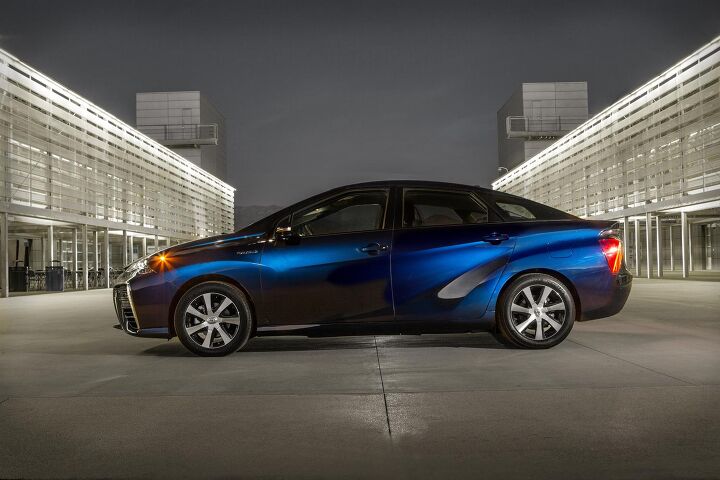
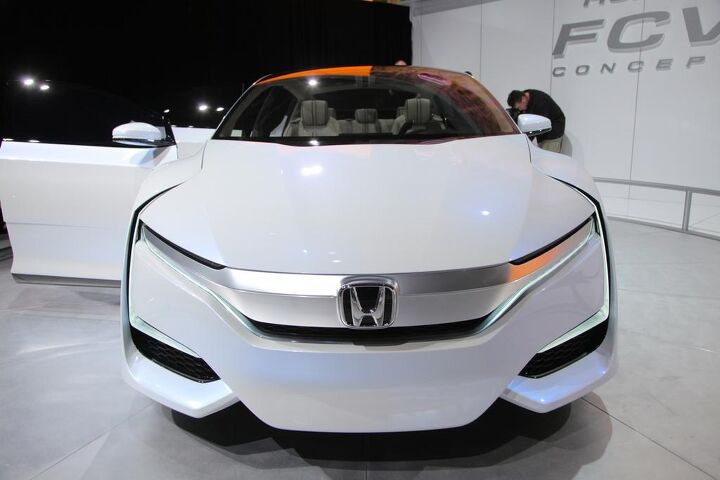
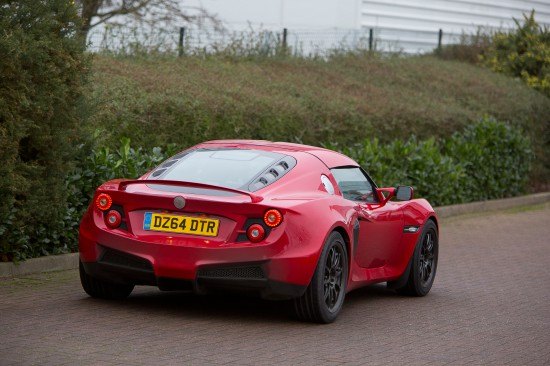

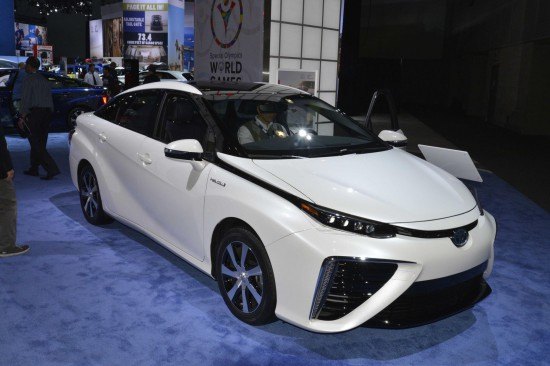


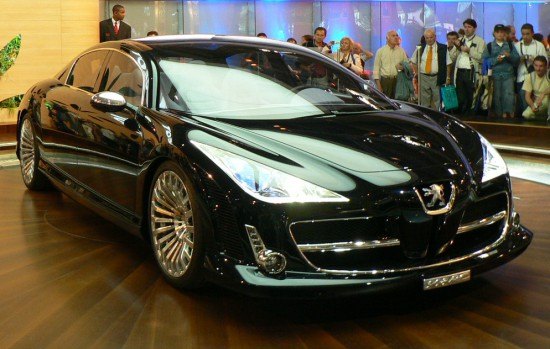


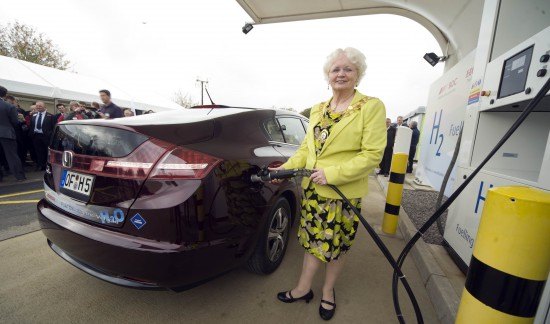
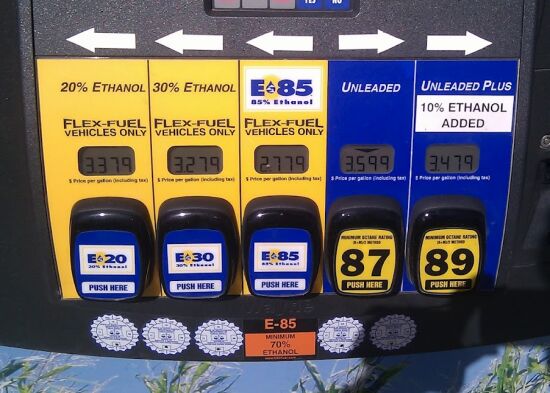


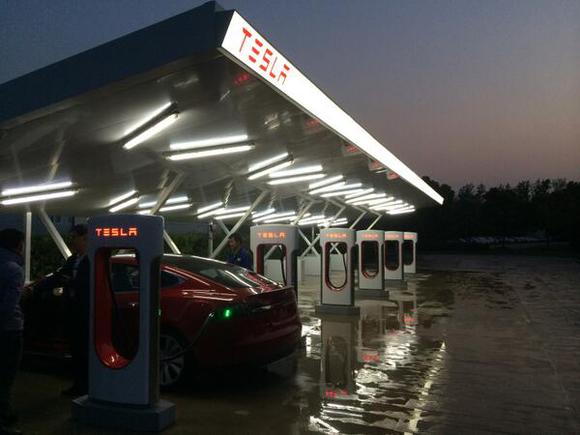



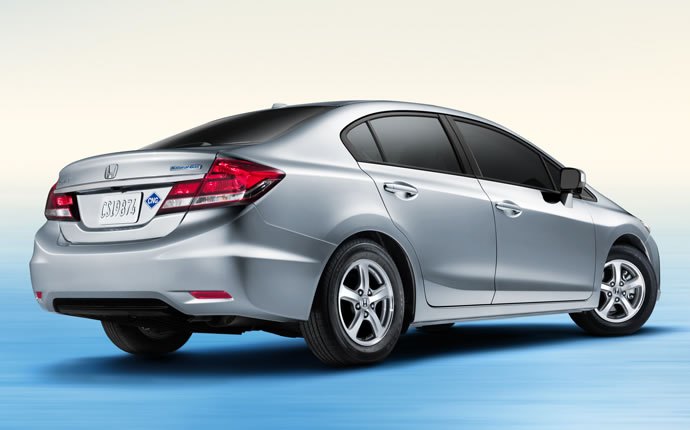

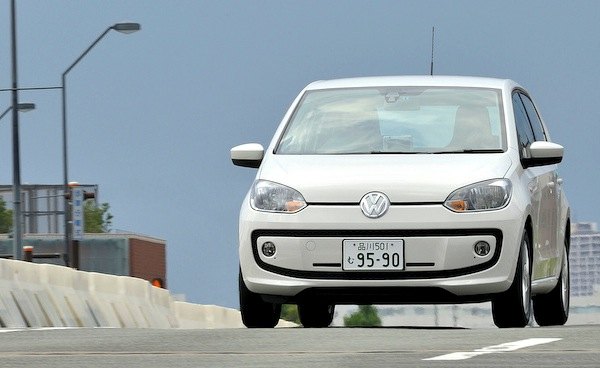

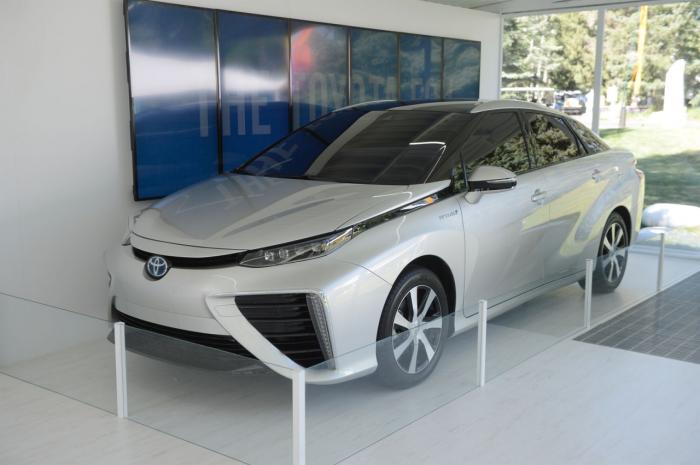


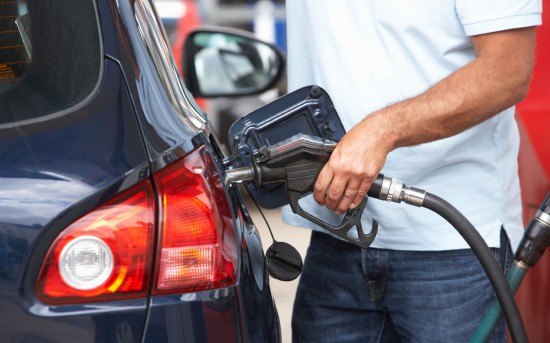



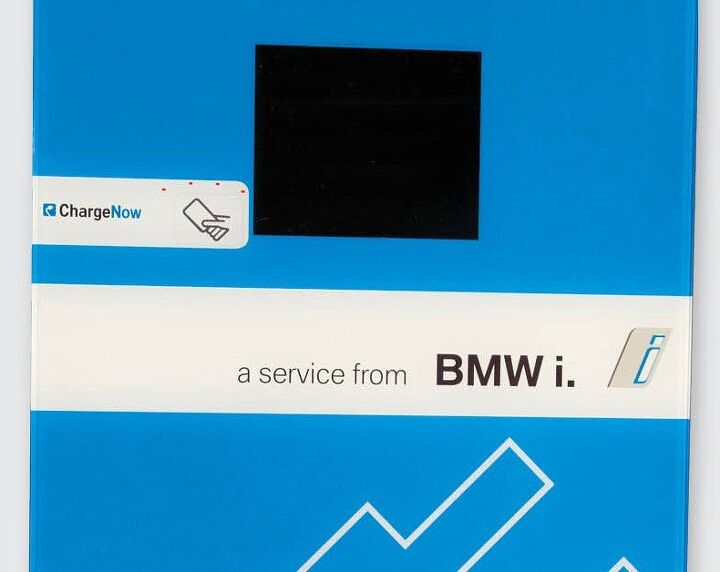



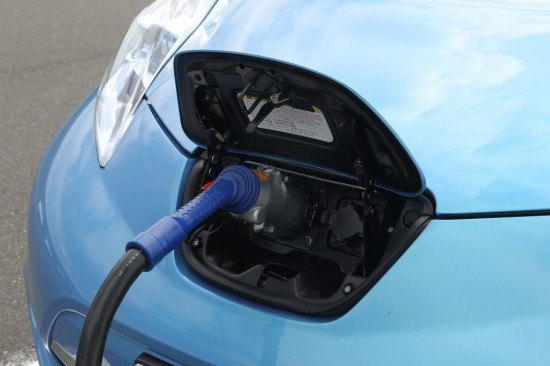
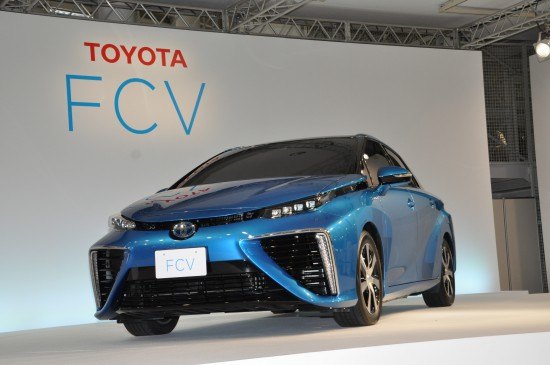


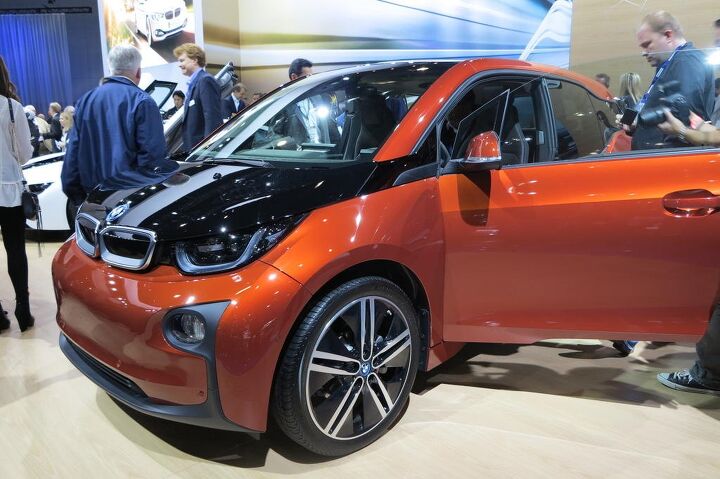
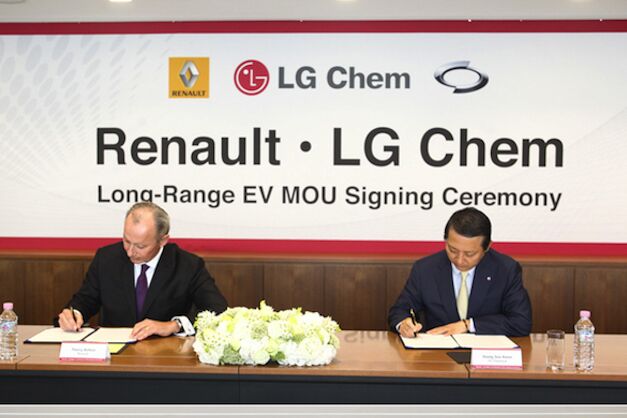

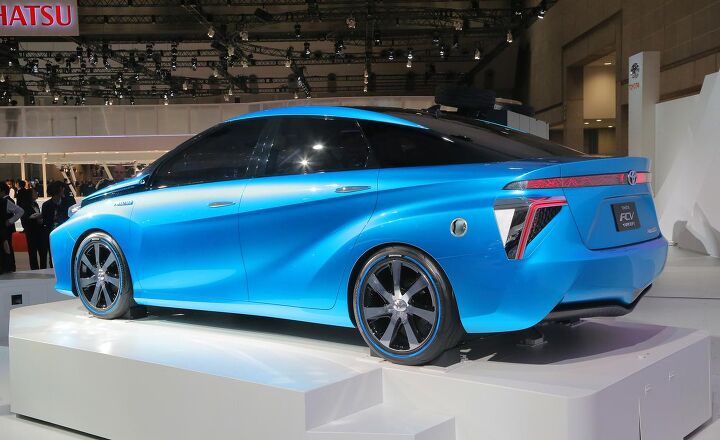
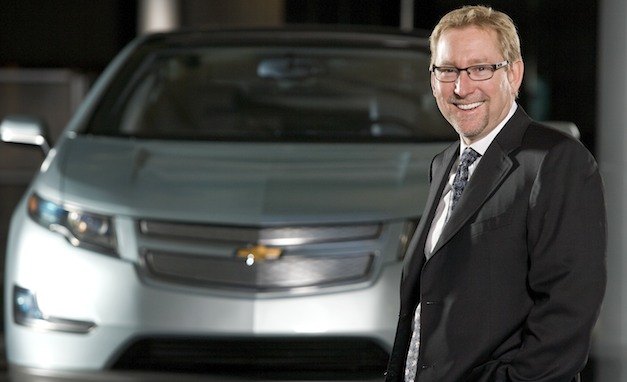


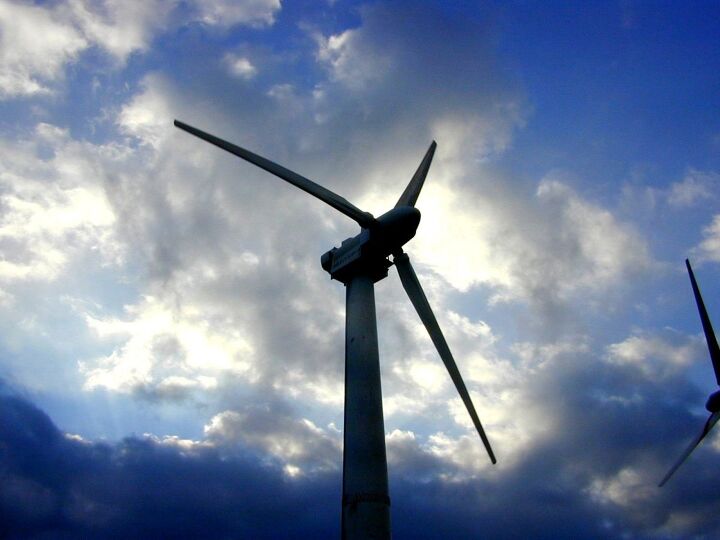


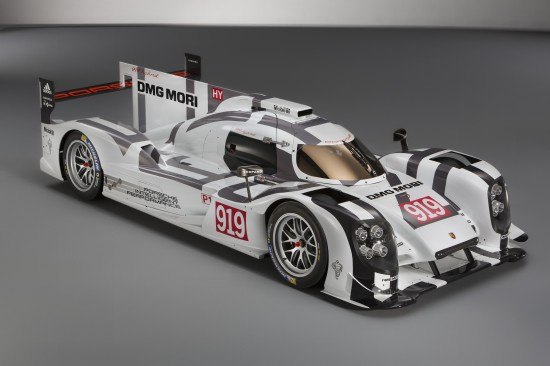


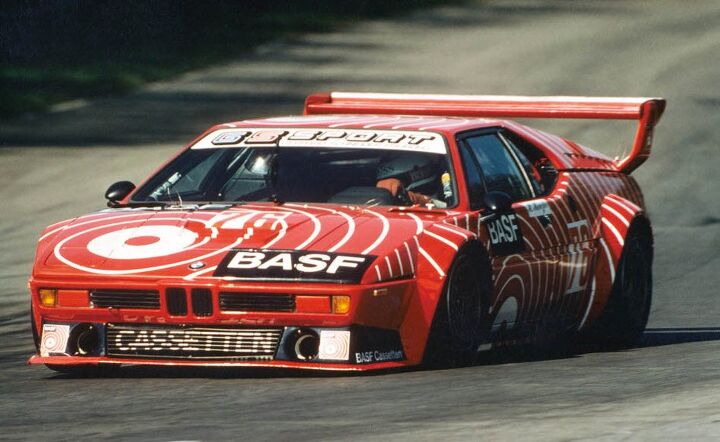

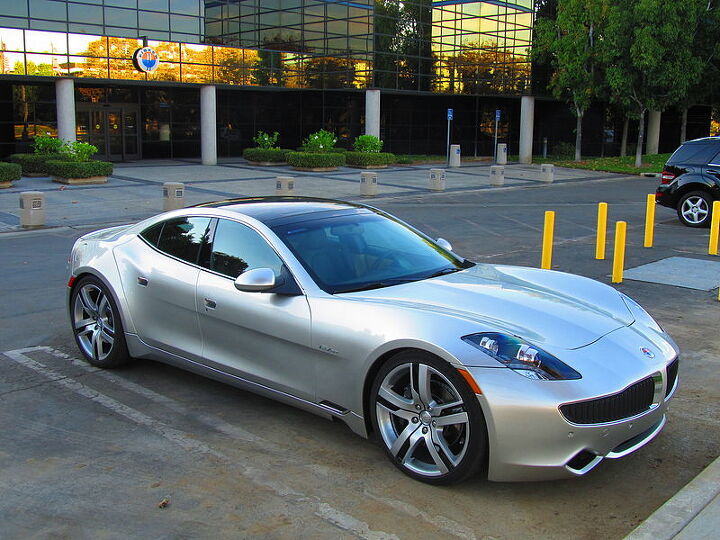
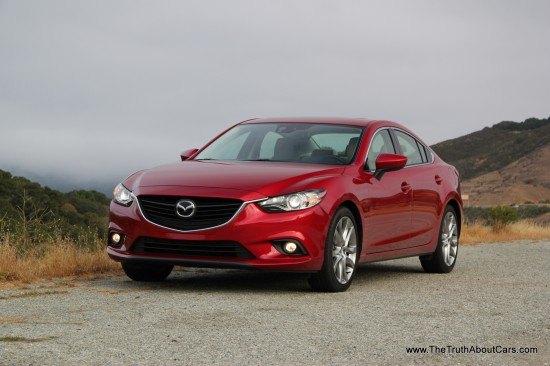













Recent Comments